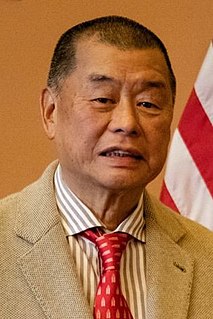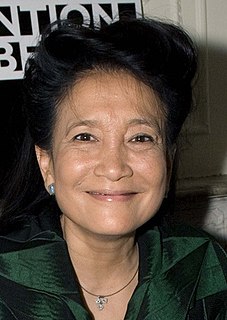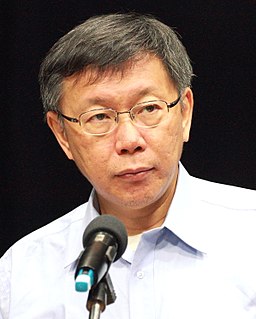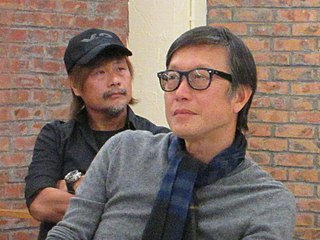A Quote by Gordon Chan
I think my function working in China is to bring my experience and what we've gone through in the Hong Kong industry to China. I hope there'll be more and more new Chinese companies with vision, that understand producing and film financing. My plan for the future is to work with as many new companies as possible, to pass on my experience as to what is commercial film.
Related Quotes
I think China thinks information technology is less important than we think it is in the US, economically, and more important politically. And so Chinese internet companies are extremely political, they're protected behind the great firewall of China, and investment in Alibaba is good as long as Jack Ma stays in the good graces of the Chinese communist party. Alibaba is largely copying various business models from the US; they have combined some things in interesting new ways, but I think it's fundamentally a business that works because of the political protection you get in China.
Most Chinese filmmakers grew up watching television; they watched films on television, not in cinemas. The scope of their vision is not big enough, they're not yet detail-oriented enough. You have to watch films in cinemas for years to understand the depth and scope of vision needed in filmmaking. Directors in China usually come from an academic background; they graduate as film directors. Whereas the directors from Hong Kong learn their trade on sets, beginning at the lowest rung.
If you talk privately to our tech companies, our pharmaceutical companies, our high-end manufacturing companies, the high end of America, where the good-paying jobs are, China is not letting them in unless China gets to steal their intellectual property in a company that`s 51 percent owned by the Chinese.































